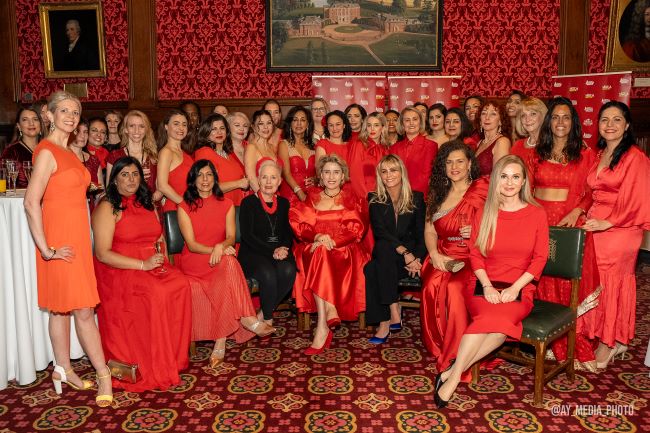
Networking After A Pandemic
The Impact The Pandemic Has Had on Networking
After two years of living through a pandemic, we have become accustomed to the words ‘social distancing’. This physical distance has affected societal concepts of standing next to each other, going out in huge gatherings and face-to-face conferences. The way of connecting shifted to online with networking being done via apps like Zoom, Skype, YouTube Live, and WhatsApp calls.
In 2020, Zoom saw more than a 40% rise, reaching over $3.7bn (£2.66bn) in sales. Video conferencing services were used to change the strategy in networking. People began holding panels online where you can live stream and record to watch later on or post. Some may argue this actually had a positive impact because virtual networking reaches a wider audience. For example, you can connect with people globally without the worry of travel costs. It can lead to more meetings since there is a lack of negotiating with halls/hotels and a lack of preparation with production and presentation.
Hotels, restaurants and centres are the ideal environments for networking. According to ONS, the pandemic resulted in many businesses falling. The proportion of businesses in the hospitality sector temporarily closing, fell to 81% in the spring 2020 lockdown. Businesses had to navigate by changing pricing decisions and offering refunds, discounts, and contract renegotiations.
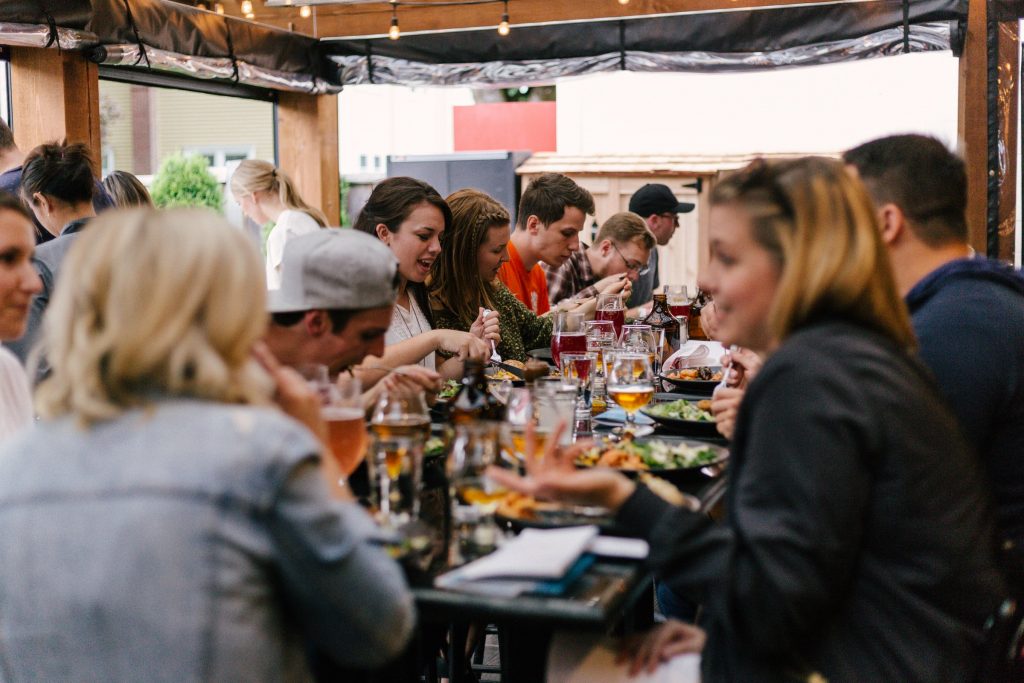
Janet Bowstead argues networking during the pandemic affected different types of groups. Those who have established relationships, followings and an audience could easily promote their services, publicise their research, speak on panels, and set up new projects. Those who may have just started niche brands or work with marginalised topics and with often excluded groups struggle to build their network. Essentially, they are losing out on meeting people randomly in real life and building connections.
We are not post-pandemic yet, but the world is slowly getting back to physical contact and virtual connections. As restrictions have been lifted over the past few months, in-person networking events are back and there has been an improvement in finances for the sub-sectors within the hospitality sector (ONS).
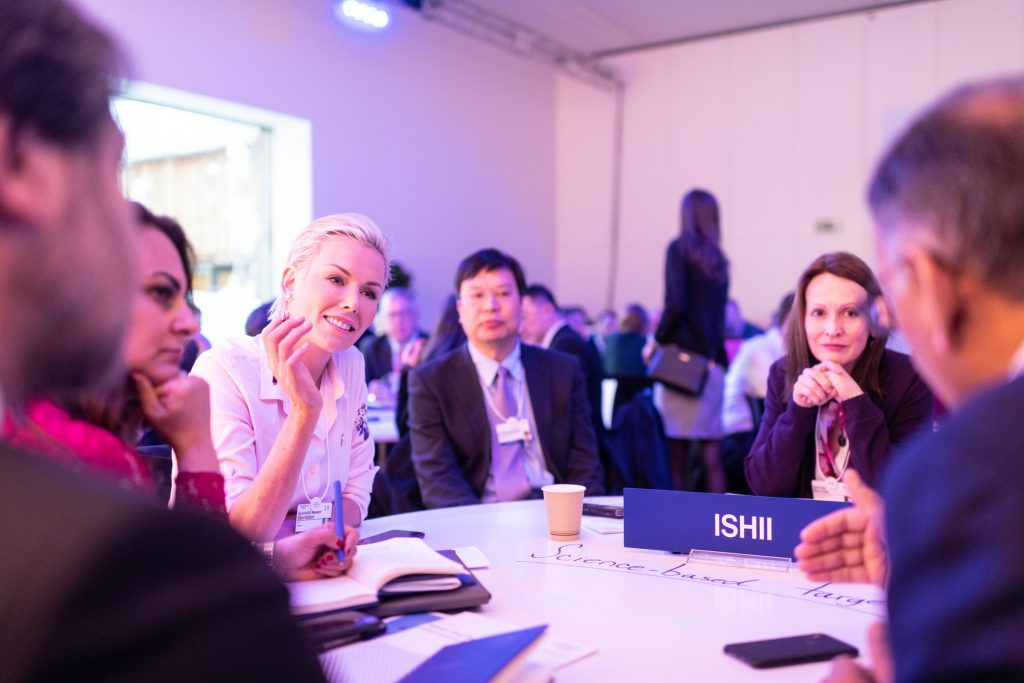
Enas Daeki, the Regional Director for Global Woman Club Notting Hill (in London), told us that negotiating a networking space and the price has become easier after the removal of pandemic restrictions.
“They’re willing to negotiate prices, people’s meals, and drinks. This is not what I experienced before and I now know what is worth paying. The pandemic definitely impacted negotiation in a positive way for the client.”
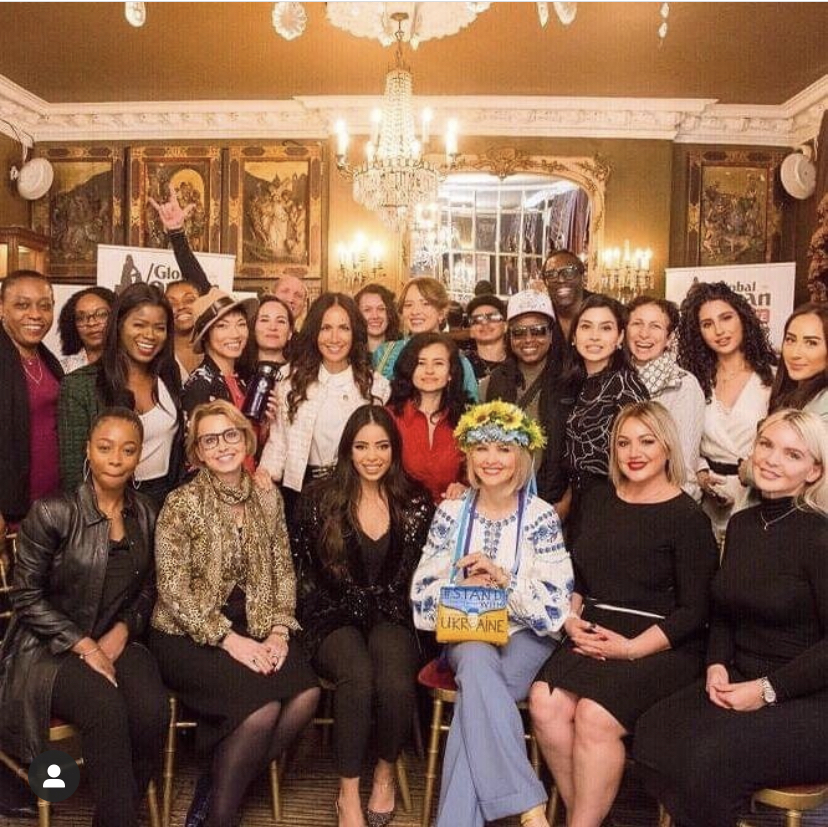
She also adds that the pandemic redirected her focus on networking. “The pandemic made me realise that networking is very important, it opened my eyes to so many possibilities.”
Alisa Grafton, the author of Great Networking, claims that the pandemic influenced her to write a book. In the book, she explains how many of us have grown to be un-accustomed to networking, and how essential this skill is in ensuring professional and life success.
What prompted the decision to write a book about networking?
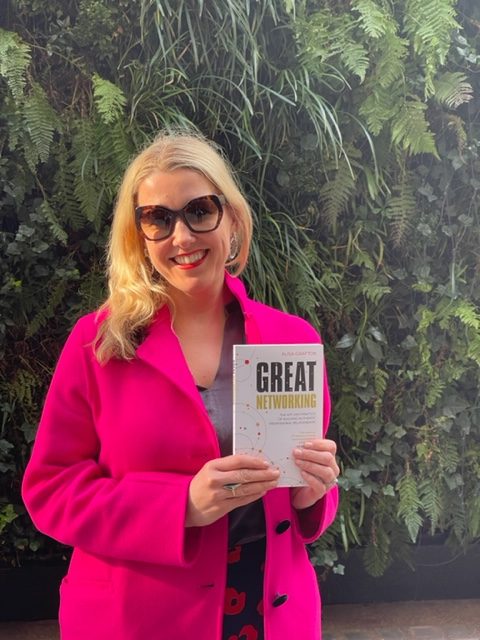
I set out to write my book based on what I have learned in over 20 years in professional services. Networking has quite literally changed the course of my career, brought some of the most significant relationships into my life and has allowed me the opportunities that simply would not have been there otherwise. Yet time and again I hear from people that they “hate networking”. So I was keen to demystify many unhelpful preconceptions and present a modern-day approach to building genuine relationships in the professional world.
How did the pandemic affect networking on a global scale?
Unsurprisingly, it has had a huge effect on the way we interact with each other. First of all, we had to learn the ropes of speaking to another human mostly through a screen. This means missing out on so many other cues that accompany human interactions – effectively undoing the centuries of evolving to read the non-verbal language, facial expressions and emotions that are obvious face-to-face.
Secondly, we have missed out on connecting with others – something that we are born to do. We thrive when we can form deep and meaningful relationships with other humans, and the pandemic largely has put a stop to it for almost two years. When it comes to careers, the inability to form strong professional ties, especially at the start of a professional journey, meant that people lost the multiple benefits of having someone who cared by their side. Meeting a work colleague or a business client online is simply not the same, and the benefits of these interactions are usually limited.
What impact did the pandemic leave on you?
During the pandemic, our ability to form connections with strangers, and to maintain relationships, has become hindered by the numerous lockdowns and the working from home practice. Many of us feel rusty when it comes to social situations – whereas the necessity to “get out there” is higher than ever before.
In many ways, the pandemic has crystallised what matters. When it comes to personal life, the priorities have been reordered and strengthened, and in a similar vein, I had to re-assess the matters of greatest importance as far as my career was concerned. I left the firm where I had worked for twenty years and I have joined a great partnership, reinforcing connections with my clients along the way. That journey has allowed me to re-evaluate the significance of the professional relationships that I have built over the course of my career, and I marvelled at how much all of my efforts have paid off.
I remember reminiscing about the nerves and the fear that I initially felt when I had to network, and I decided to write a contemporary book from a practitioner’s point of view.
What are some things that are essential when networking?
It is essential to know why you are networking. Outwardly, it might be because the job requires you to, but if the inner belief is that networking is a waste of time, for example, or full of sleazy salespeople, it’s unlikely to lead to any significant encounters.

Networking starts with the right mindset. Connecting with others is the most natural thing for us to do as human beings, but the process is not devoid of unease. Therefore, while recognising that it is a skill that needs to be learned, my advice is to adjust your mentality to be curious about others. Being interested in what the other person has to say is perhaps the most important thing to remember.
What is next for networking? What do you want to see more being done?
Sadly, networking has developed something of a bad reputation. Rather than being viewed as a great opportunity to meet fascinating new people and to enhance both, your social capital and your professional prospect, all too often it is being treated as a necessary evil – part of the hard slog of the process of climbing a greasy pole.
In reality, networking is fun. It is simply a different word for building professional relationships, and I hope my book helps people to reframe their mindset, use their natural strengths and open the door to new opportunities. I would love for my reader to be filled with the confidence that they can and will do well in networking.
Can you give our readers who may struggle with networking any advice?
Play to your strengths. I often hear the misconception that unless the person is an extrovert, they cannot hope to be good at networking. This is simply not the case. Extroverts may derive their energy from dealing with people, but not every extrovert is a natural-born networker. Being able to listen effectively is a much more useful skill than being able to tell a funny story, and many extroverts have a natural advantage in that respect.
In the book, I talk at length about making peace with being uncomfortable in a room full of strangers, and why anxiety and even fear are the normal companions of someone new to networking or feeling rusty. The trick is to accept these emotions, but not to allow them to drive the resistance to building connections.
Ultimately, despite the initial discomfort, occasional rejection and some awkwardness in speaking to strangers, networking is deeply fulfilling. The advantages do considerably outweigh the struggles, and this is worth bearing in mind, always.





